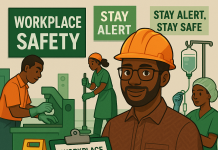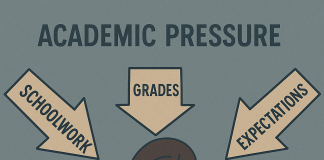There is a whole host of different reasons why different people engage in self-mutilation.
Self-mutilation is also referred to as self-injury, self-abuse, self-harm, self-injurious behaviour, self-inflicted violence, non-suicidal self-injury, or deliberate self-harm.
Self-harm is the way some persons relieve and/or cope with certain feelings or situations and it is an unhealthy way of coping. They usually find it difficult to understand, regulate or express emotions as well as cope with feelings and situations in a healthy manner. The relief they experience from this practice is temporary (lasts only for a little while). And so if there is no proper treatment, this self-destructive cycle goes on.
People who self-mutilate stated that they do so when they:
- Feel over-stimulated.
- Are afraid of adult responsibilities.
- Feel lonely/loneliness.
- Are misunderstood by people.

Image showing some scars and a cut on the arm of a person who self-injures [Picture Source: www.keywordsuggest.org] - Are overwhelmed by anger.
- Feel under-stimulated.
- Feel guilty.
- Feel worthless.
- Are afraid of intimate relationships.
- Are rejected.
- Feel empty inside.
- Feel overwhelming sadness.
- Are frustrated.
- Are unable to express their feelings.
- Panic.
- Feel self-hatred.
- Are emotionally numb.
Usually, when a person self-injures he/she may be trying to:
- Deal with boredom.
- Wield some form of control over his or her body, life situations or feelings.
- Punish himself/herself for perceived faults.
- Distract themselves from other problems.
- Shield others from their emotional pain.
- Sort out disagreements with a loved one.
- Feel something when feeling emotionally numb or empty.
- Recreate trauma in order to try and sort through it.
- Reduce anxiety or distress, and provide relief. Get relief from a negative mental state or feeling.
- Feel good.
- Get an energy rush.
- Communicate distressful feelings or depression to those around him/her; thereby asking for help indirectly (drawing attention to their need for help).
- Distract himself/herself from painful emotions using physical pain.
- Express his or her feelings.
- Purify themselves.
- Punish themselves for having strong feelings that they were not allowed to express as children.









